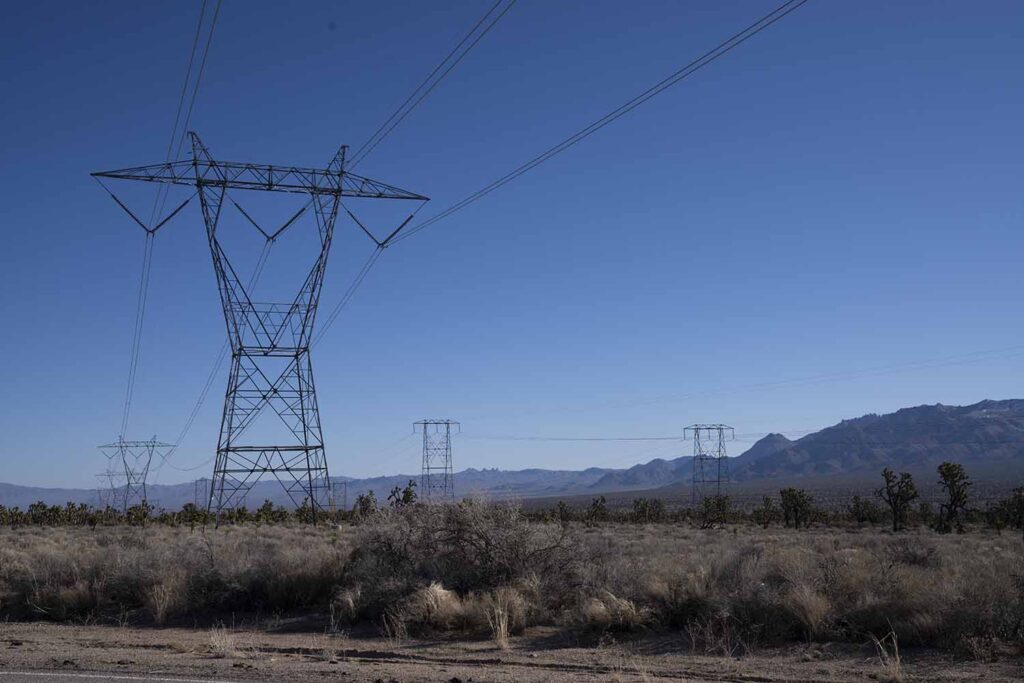
NRECA has joined with four of its member cooperatives to urge a federal appeals court to halt implementation of the Environmental Protection Agency’s new mercury and air rule before it can cause “substantial, irreparable, and immediate harm” to electric co-ops.
If the rule is not paused, co-ops will suffer “exorbitant” costs to bring their power plants into compliance with standards that may later be deemed unlawful, according to a motion for a stay of the final rule that NRECA and others filed June 21 with the U.S. District Court of Appeals for the D.C. Circuit.
Co-ops would never be able to get that money back, even if the rule is later thrown out by a court amid legal challenges to the EPA’s authority, the motion says. If the court grants NRECA’s request for a stay, the rule would be put on hold until the courts can evaluate its legality.
It’s also questionable whether the new standards are even achievable, according to NRECA and other petitioners. NRECA has urged the EPA to rescind the new mercury rule—which has “no appreciable public health benefits”—and keep the previous standards in place.
The new rule requires plants burning lignite coal to slash their mercury emissions by 70% compared to EPA’s 2012 standard. The chemical differences in lignite prevent emissions controls from achieving the same level of reductions as in other types of coal, NRECA says.
The rule—which plant operators must comply with by July 2027—also requires a 67% cut in filterable particulate matter for all coal-fired plants but does not identify any new cost-effective technologies to meet that goal.
If the standards can’t be met, power plants would be forced to shut down, which NRECA warns would threaten reliability at a time when demand for electricity is growing.
“The premature shutdown of plants will cause electricity costs to skyrocket,” the stay request warns. “Without generation, utilities must purchase power at unsustainable prices to meet demand.”
For example, Mac McLennan, president and CEO of Minnkota Power Cooperative in Grand Forks, North Dakota, estimated in court documents that if its Milton R. Young power plant was forced to prematurely retire, it could cost his generation and transmission co-op $236 million for just four days of replacement power.
In addition to Minnkota, the G&Ts that joined with NRECA in requesting the stay were East Kentucky Power Cooperative in Winchester, Associated Electric Cooperative in Springfield, Missouri, and Basin Electric Power Cooperative in Bismarck, North Dakota.
In a declaration attached to NRECA’s request for a stay, Jerry Purvis, EKPC’s vice president of environmental affairs, said that even if the co-op spent millions of dollars on plant upgrades, it still might not be able to meet the rule’s mandates.
The mercury and air rule was released in April alongside EPA’s final power plant rule for existing coal-fired power plants and new natural gas-fired plants. NRECA believes the two rules, along with other recent EPA final rules, would exacerbate reliability threats to the electric grid as U.S. power demand surges in the coming years.
Erin Kelly and Molly Christian are staff writers for NRECA.